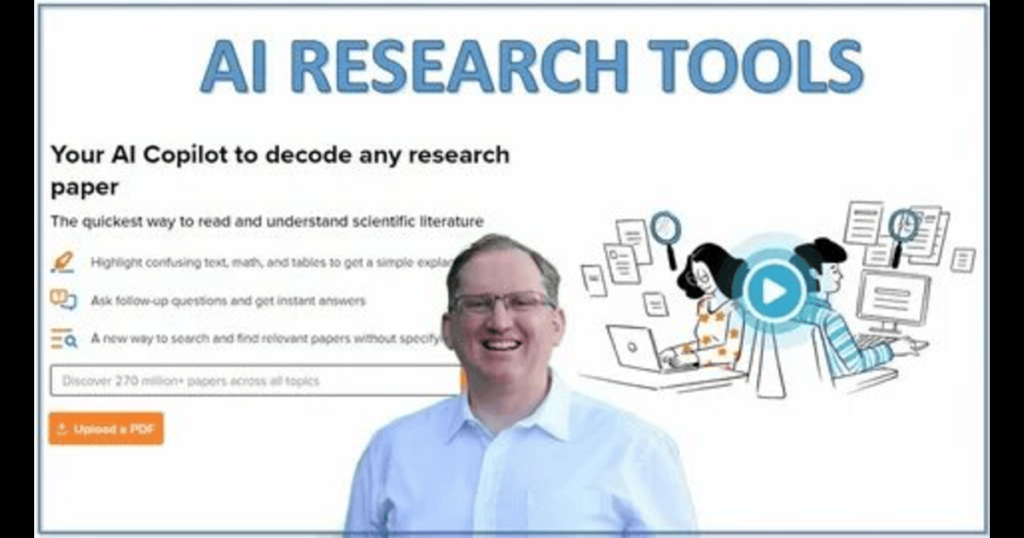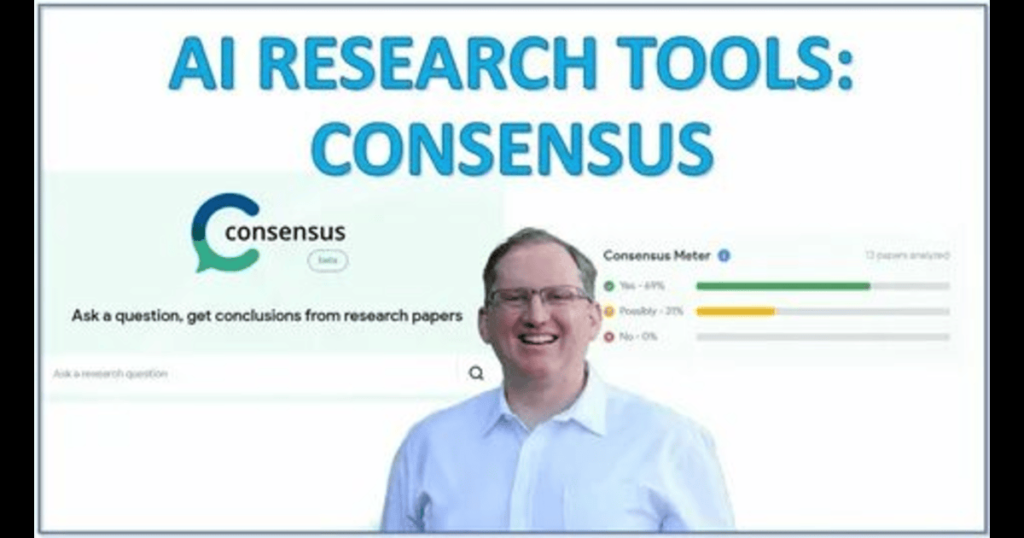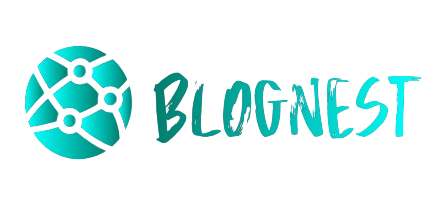
Artificial intelligence has brought about a revolution in the world of research. All research scholars—whether students, academics, or professionals—let AI tools handle the heavy research work to either gain better insights in less time or complete specific research-related tasks. From data gathering to analyzing trends, the use of AI tools has become indispensable in modern research.
AI for Literature Review and Summarization
Reviewing literature is usually a time-consuming task, mostly because of working through hundreds of articles or papers. AI tools such as Zotero, Mendeley, and Semantic Scholar are designed to help researchers manage and summarize voluminous input.
Benefits of Literature Review Tools
- Saves time by abstracting long papers.
- Easily organizes references as required in academic compilation.
- Discovers similar works through AI recommendations.
Data Collection Made Easy with AI
Data is collected using instruments for research, and AI-based tools like Google Dataset Search and Kaggle help find datasets to meet research needs. These tools assist initiators in formulating advanced search algorithms for locating high-quality datasets.
Main Features of Data Collection Tools
- Quickly access relevant datasets.
- Obviate manual searching through automation.
- Work hand-in-hand with specialists in specialized fields.
AI Designed for Analyzing Data
After data gathering, the next step is analyzing it. Applications such as SPSS, Tableau, and Microsoft Power BI are designed to process massive amounts of data and provide valuable insights.
Benefits of Data Analysis Solutions
- Visualizes data for easier understanding.
- Performs complex calculations without manual intervention.
- Predicts trends using AI-enabled algorithms.
Writing Assistance and Plagiarism Detection
AI tools excel in writing tasks. Writing assistants like Grammarly and ProWritingAid enhance writing style, clarity, and readability, while plagiarism detectors like Turnitin and Quetext ensure originality.
Benefits of Writing Tools
- Improves writing clarity and coherence.
- Ensures research is free of plagiarism.
- Automatically optimizes formatting and citation styles.
AI-Based Experiment Design and Simulation
Designing experiments can be challenging for researchers. AI tools like IBM Watson Studio and MATLAB optimize experimental settings and simulate results, saving time and resources.
Experimental AI Tool Features
- Designs experiments efficiently from AI-informed insights.
- Provides virtual simulations of outcome predictions.
- Reduces expenses associated with trial-and-error methods.
AI Tools in the Toolbox
- Literature Reviews: Zotero and Semantic Scholar save time and organize references.
- Data Gathering: Kaggle and Google Dataset Search provide access to relevant datasets.
- Data Analysis: Tools like Tableau and SPSS make data visualization and interpretation easier.
- Writing Aid: Grammarly and Turnitin improve clarity and originality.
- Experiential and Experimental AI: MATLAB and IBM Watson Studio optimize experiments and simulations.

FAQs
How do AI tools facilitate data collection for research?
AI tools automate data location and information searches in less time while providing accuracy using advanced algorithms like Google Dataset Search.
Can AI replace conventional research methods?
Not completely. AI complements human critical thinking and analysis but does not replace it.
Are AI research tools costly?
Many AI tools are free, while some, like MATLAB, require paid subscriptions.
How reliable are insights from AI?
Insights are reliable when based on high-quality data and proper use. Cross-validation is necessary to maintain credibility.
Do AI tools promote collaboration?
Yes! Tools like Kaggle and IBM Watson Studio enable collaborative research and project sharing.
Conclusion
Research in AI has ushered in a new era of efficiency and innovation. From literature review to experiment simulation, AI tools make the research process seamless, allowing researchers to focus on exploration and discovery.
It is an exciting time to be a researcher, as AI tools continue to evolve and redefine methodologies for knowledge acquisition. Whether you’re a student tackling a project or a professional conducting groundbreaking studies, AI tools are the ultimate research companions.
So, embrace these innovations and take your research journey further!
